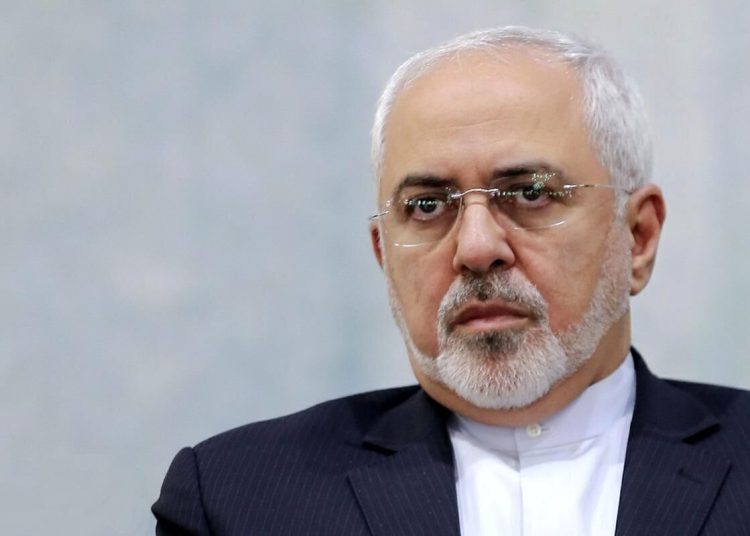Iran’s former foreign minister explained how he tried to maintain dialogue with Trump and other world leaders on the nuclear deal, despite facing resistance from both sides.
On the 6th of June, within a session held on the Clubhouse social network, Mohammad Javad Zarif, the erstwhile foreign minister of Iran, proffered elucidations pertaining to the negotiations of the Iran nuclear deal, formally designated as the Joint Comprehensive Plan of Action (JCPOA).
During this session, Zarif endeavored to counter critiques directed at the foreign policy approach implemented during Hassan Rouhani’s administration, as well as to shed light on his own conduct in his capacity as the former foreign minister. He divulged that, in the transitional period between Trump’s election victory and inauguration, he advised embarking on a course of action akin to that undertaken by Saudi Arabia. Nevertheless, his counsel went unheeded.
According to Zarif, apprehension over Trump’s campaign rhetoric spurred then Saudi foreign minister Adel al-Jubeir to prolong his sojourn in the United States for couple of weeks, wherein he conducted fruitful measures.
Furthermore, Zarif elaborated on the efforts he made to assuage the discord between Iran and the United States before the latter’s withdrawal from the JCPOA under Trump. He mentioned consulting with French President Emmanuel Macron as well as Russian President Vladimir Putin on this pressing issue.
Zarif expounded that he tendered a proposal to Putin, telling him to relay the plan directly to Trump, bypassing the interference of Mike Pompeo, the then-US Secretary of State. Zarif believed that Pompeo would hinder the roadmap’s fruition, which led him to recommend Trump delegate the task to other individuals.
As Zarif recounted, Putin indeed conferred the matter with Trump. Zarif opined that the proposal held considerable potential for success; however, it ultimately foundered due to Pompeo’s involvement.
On being queried who amongst Trump’s administration displayed willingness to diplomatically resolve the Iran issue, Zarif identified Steven Mnuchin, the Treasury Secretary, and Jared Kushner, the senior advisor and son-in-law, of the former American president.
Zarif proceeded to reference his dialogues with Emmanuel Macron, revealing that Trump desired a rendezvous with him in Biarritz, France, albeit approval for such a meeting had not been granted. Furthermore, Zarif confided that “a US senators close to Donald Trump” approached him during a trip to New York and said that Trump had invited Zarif to visit the White House.
“I knew that meeting with Trump could be political suicide for me. But I was willing to do it, but I had to coordinate it with the capital. I conveyed this issue to Tehran and later I found out that my request had not reached the higher levels and even had not been accepted at lower levels. I said that I was ready to do this, and that if I succeeded, which will be an opportunity for the country, and if I was not successful, I would still be ready to be punished”, said Zarif.
In 2018, Trump’s United States rescinded its participation in the JCPOA and levied extensive sanctions against Tehran as a part of “maximum pressure”, aimed at forging a renewed agreement with Iran. Subsequently, Tehran adopted a series of remedial steps to scale up its nuclear activities, expressly reducing its commitments under the JCPOA.






